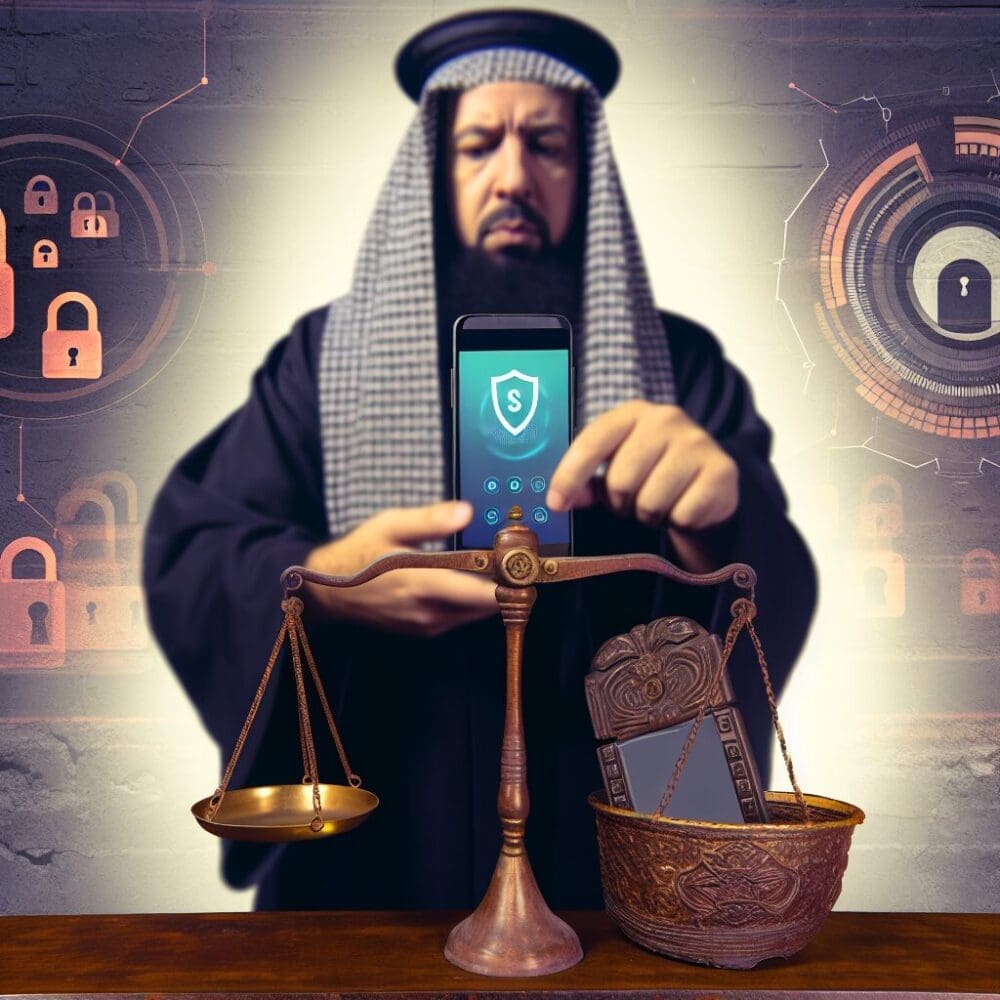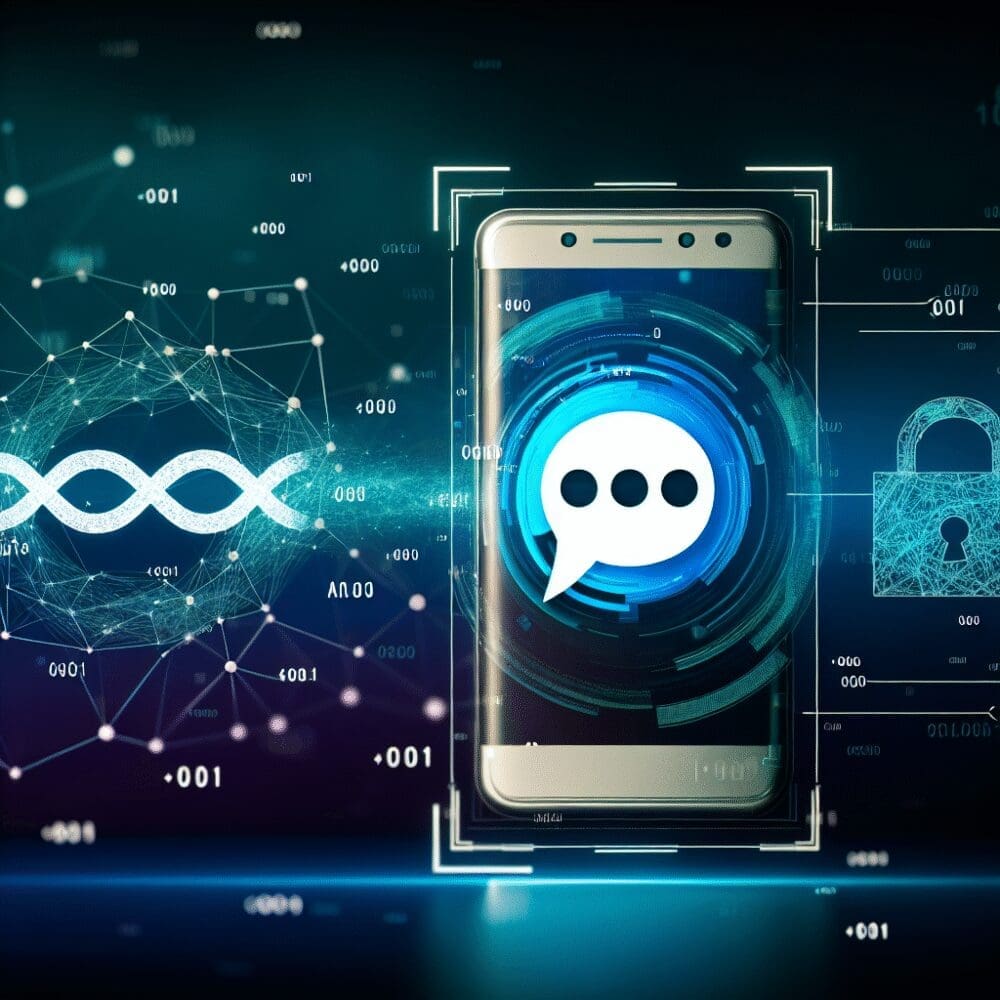“`html
US Judge Holds NSO Group Accountable for WhatsApp Hacking Suit
The monumental case against **NSO Group**, a surveillance software company, takes a crucial turn as a U.S. judge paves the way for WhatsApp to pursue its hacking lawsuit against the organization. This decision has significant implications not just for the involved parties, but also for the broader tech and civil liberties communities. In this blog post, we explore the context, implications, and possible outcomes of this landmark case.
Background: The NSO Group and WhatsApp Controversy
Founded in Israel, the NSO Group has long been under scrutiny for its Pegasus software, which is known to exploit vulnerabilities in smartphone operating systems to facilitate surveillance activities. The group purports to sell its software solely to government entities for tracking criminal and terrorist activities. However, reports have surfaced showing misuse by authoritarian regimes to spy on journalists, activists, and political dissidents.
WhatsApp, owned by social media giant Facebook (Meta), claimed in 2019 that NSO Group used its software to carry out a series of cyberattacks targeting approximately 1,400 users. These users included **journalists, human rights activists, and other members of civil society**. As a result, WhatsApp filed a lawsuit alleging violations of U.S. federal and state laws.
The Legal Battle and Recent Developments
The legal proceedings began with NSO Group attempting to dismiss the case, arguing that it should be immune from such lawsuits under laws pertaining to foreign government contractors. Their primary defense centered around the assertion that their software was being used by sovereign government clients, thus shielding them from liability.
In a recent ruling, however, the presiding judge rejected this immunity claim, emphasizing that NSO Group is not an official part of a government structure, nor is it necessarily engaging in activities that should be protected under special government contractor status. This decision allows WhatsApp and Meta to proceed with their case against the NSO Group, marking a critical juncture in the legal battle.
Implications of the Judge’s Decision
For NSO Group
This decision places NSO Group in a precarious position. As a private entity, being held accountable for potential misuse of their powerful surveillance tools puts them under intense scrutiny, not just legally but also from a public relations standpoint. This could potentially lead to:
- Further legal challenges and lawsuits from other tech companies and affected individuals
- Increased regulatory oversight from both international and regional bodies
- Reputation damage leading to loss of governmental contracts and partnerships
For Tech Companies and User Privacy
WhatsApp’s opportunity to stand against NSO Group signifies a robust defense of user privacy and security. It sets a precedent for other tech companies to actively defend against illicit surveillance and cyberattacks. If successful, the case could enforce stronger legal frameworks ensuring:
- Enhanced protection of digital communications from cyber intrusions
- Clearer limitations on the use and sale of surveillance technology
- Empowerment of tech companies to hold malicious entities accountable
For Civil Liberties and Human Rights
The implications for civil liberties are profound. The misuse of surveillance technology against human rights activists and journalists represents a severe threat to the principles of free speech and privacy. Success for WhatsApp in this lawsuit could bolster efforts worldwide to:
- Advocate for greater transparency in the deployment of surveillance tools
- Promote international standards to prevent abuse of such technologies
- Strengthen alliances among tech companies, civil societies, and international bodies to combat digital oppression
Potential Outcomes and the Road Ahead
The lawsuit’s progress now could influence how global jurisdictions treat similar cases in the future, impacting laws concerning technology, privacy, and international trade. This case also works as a catalyst for debates on the responsibility and ethics of tech companies in the modern digital landscape.
What Could a Win for WhatsApp Mean?
A favorable outcome for WhatsApp could further cement the necessity of stringent cybersecurity measures and policies to protect individuals from intrusive digital monitoring. It would signal a:
- Legal recognition that companies must bear responsibility for the use of their technologies
- Shift towards prioritizing user security by tech companies globally
- Foundation for future international treaties governing cyber surveillance
What If NSO Group Prevails?
Alternatively, should NSO Group succeed, it might endorse a status quo for surveillance tech development, where accountability is limited, raising concerns over unchecked capabilities of private companies:
- Strengthened legal defenses for foreign contractors against similar lawsuits
- Potential discouragement for industry-wide efforts in strengthening cyber defenses
- Ongoing debate over ethics and legal responsibilities in tech growth
Conclusion
This unfolding case between WhatsApp and NSO Group serves as a pivotal point in the ongoing dialogue about surveillance, privacy, and the role of technology firms. It challenges the balance between national security interests and protecting individual freedoms. As the legal waters of this case are navigated, all eyes are on the potential ripple effects that could redefine the landscape of technology and privacy for years to come.
“`



